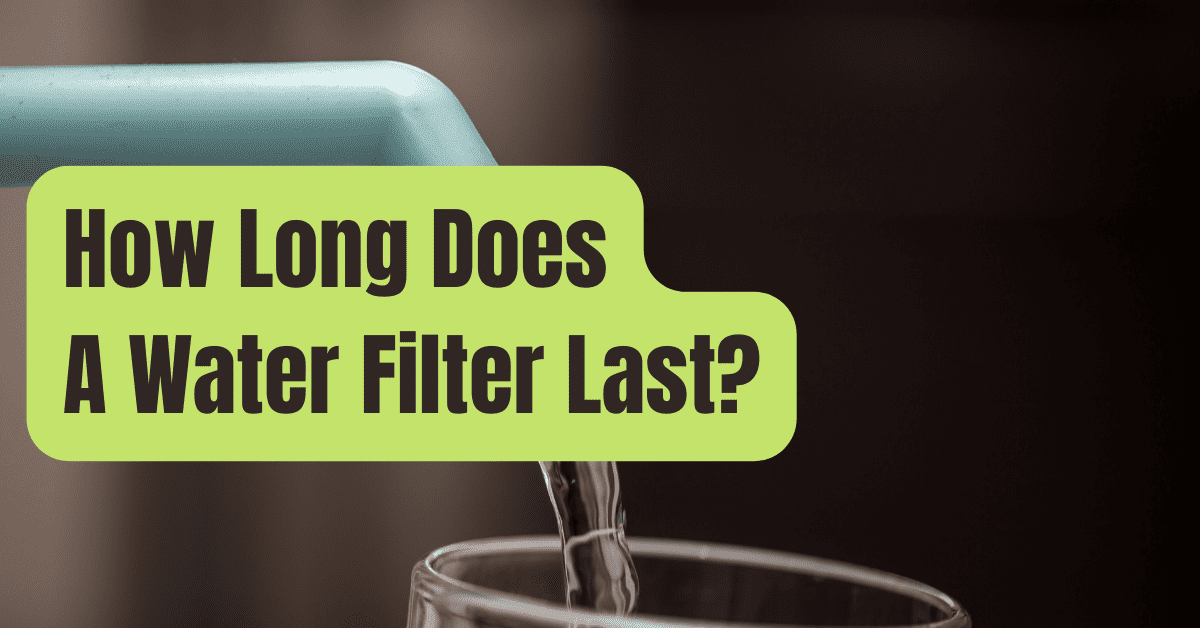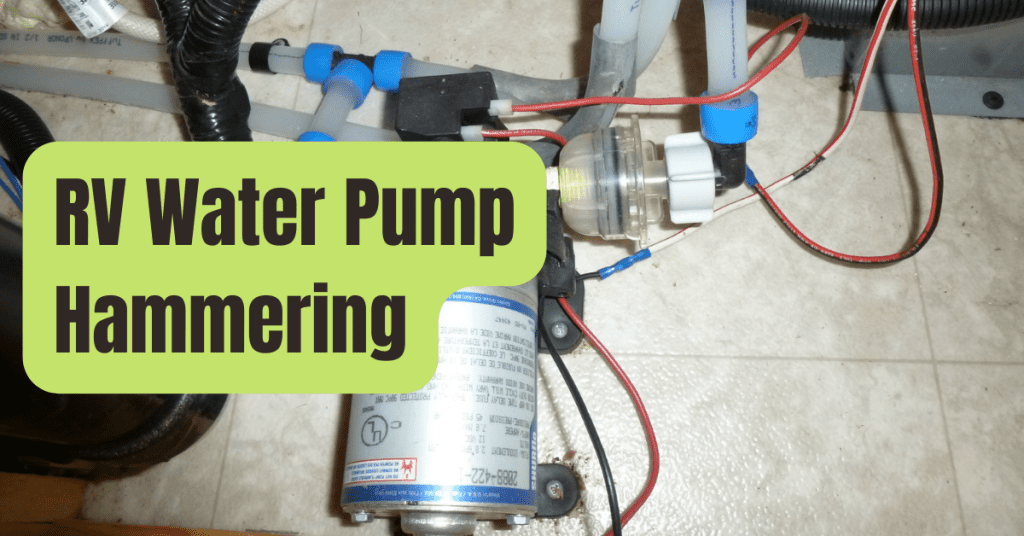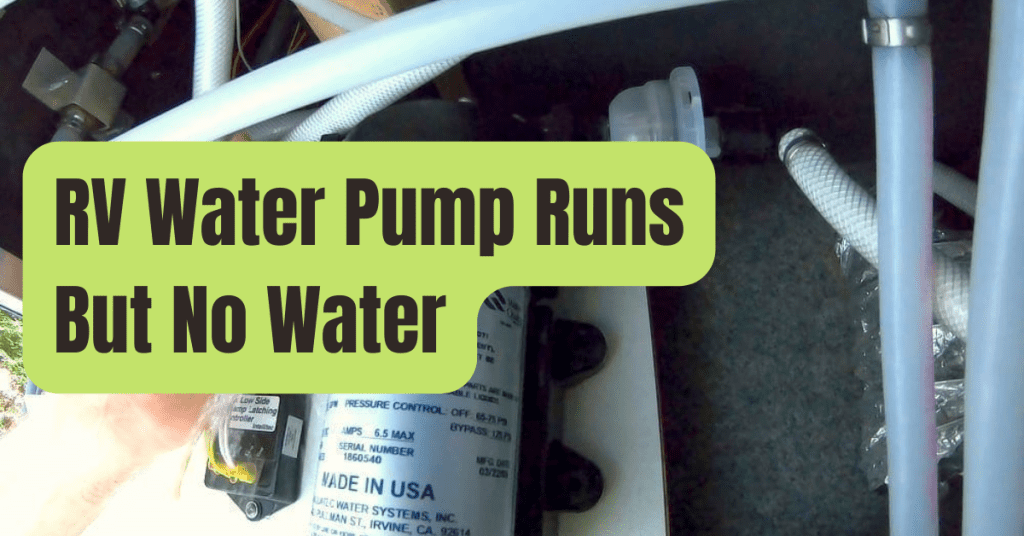Please be aware that this website can have affiliate links.
We may get a commission if you purchase a something or service after clicking on one of these links, at no extra cost to you.
Check out our FTC affiliate notice for more information about our product evaluation procedure.
When was the last time you had your home’s water filter changed? Most homeowners are hesitant to provide a response to that question.
According to their lifetime, you should generally replace water filters every so often.
Pretty nebulous, no?
In this post, we talk about how long water filters last and how often they need to be changed.
Why Do I Need to Replace My Water Filter?
If you don’t replace your whole-house water filter, dangerous bacteria, viruses, and other pathogens might get into your plumbing.
How?
They pass through gaps in media and worn-out or broken filter cartridges.
It’s likely that these toxins may accumulate over time if you spend a long time without replacing your water filters, putting your health at danger and leading to blockages in your sink and shower drains.
Flooding from a blocked drain might harm your flooring or furnishings.
Additionally, it could make it challenging to get rid of garbage from your washing machine, kitchen sink, bathtubs, and showers.
Additionally, blocked water filters may lower water pressure and alter the flavor of filtered water.
The inability of a filter to perform properly beyond its expiry date can let pollutants infiltrate into your (drinking) water.
A dated water filter may thus be more harmful than beneficial.
By the way, both whole-house and point-of-use filters are covered by this.
What Determines a Water Filter’s Lifetime?
The following elements affect how long a water filter lasts:
#1. Water Filter Type
Water filters vary in how long they last.
- For instance, a sediment pre-filter in a whole home filtration system has to be replaced every few months.
- A reverse osmosis system’s post-filter made of granular carbon, however, has a lifespan of up to two years.
- Some pitcher water filters have a 20 gallon maximum lifespan.
#2. Use of Water
How often a water filter has to be changed depends on how much water is consumed, either directly at the point of use or across your whole home.
The size of your family and your daily domestic routine will determine how much water you consume each day.
If you drink a lot of water, the filter will have to work harder.
As a result, its lifetime will terminate earlier.
As a result, the filter has to be changed more regularly if more water is utilized.
#3. Stream Quality
A filter will last a long time if your water is generally pure since it doesn’t have to work as hard.
On the other hand, the filter’s efficiency will be depleted more quickly if your home water quality is particularly bad—high in sediments and other contaminants.
It’s crucial to remove all traces of the old water filter when changing your water filter in these situations.
The lifetime of your new cartridge will be shortened if you do this, and your home’s plumbing system might suffer harm.

What Is the Lifespan of a Water Filter?
A water filter’s lifetime is expressed in either months or gallons.
The majority of manufacturers indicate how many gallons of water a filter can clean before needing to be changed.
Some might assert that a filter may endure for X months or X years, meanwhile.
For instance, if a product’s maker claims that Filter XYZ may purify up to 60 gallons of water before requiring replacement and your household consumes half a gallon each day, the filter should last for up to four months.
Pre-filters typically need to be changed every three to six months, carbon filters every year or two, and post-filters every two years or so.
Additionally, bear in mind that not all of a water filter’s components could need repair at once.
For instance, even if your countertop reverse osmosis system’s RO membrane is still functional, you may need to swap out the pre-filters.
#1. When Should a Whole House Water Filter Be Changed?
On average, a whole-house water filter has to be updated every three to six months.
If the water is cleaner or the filter isn’t used as often, it can last longer.
Following is a discussion of how often different kinds of filters should be replaced:
#2. Water Filters For The Sink
Some under-sink water filters only last three months, while others need to be updated every six to twelve months, depending on the brand.
#3. Systems for Counters
Compact homes with low to moderate water use might benefit from countertop water filters.
The normal lifetime of these filters is six months or so (based on one gallon of purified water per day).
Change the filter more often if you use more than this amount.
Before requiring replacement, some versions may even filter up to 10,000 gallons.
#4. Water Filters Mounted on Faucets
Replace faucet-mounted water filters every two to three months.
These filters need replacement more often since you use the faucet to dispense water for cooking and filling water bottles.
#5. Water Filters For Refrigerators
Replace your refrigerator’s water filter every six months if you use it little.
To find out more about the filter’s lifetime, it’s important to refer to the manufacturer’s instructions.
#6. Bathtub Filters
Since shower filters are rarely used often during the day, they survive for around six months.
The filter has to be changed more often if the water in your house has a high chlorine concentration.
#7. Systems for Reverse Osmosis
The lifespan of reverse osmosis membranes is often greater than that of conventional filter components.
Every two to five years, most models need to be replaced.
In terms of the other filter stages, be careful to promptly change the post-filter since failing to do so can let lingering toxins into your drinking water.
The replacement cycle for a typical RO system is as follows:
- Sediment filter: 6 to 12 months
- Carbon filter: 6 to 12 months
- Reverse osmosis membrane: Every 24 months
- Polishing filter: 12 to 24 months
#8. Pitchers
Pitcher filters need to be replaced after lasting for one to four months.
However, you will need to change the filter even sooner if you fill the pitcher many times each day.

When Not In Use, How Long Does A Water Filter Last?
Water filters have no shelf life.
Therefore, they may remain forever provided that they are not exposed to moisture.
According to Brita, because its filters only begin to degrade once they come into touch with moisture, their shelf life is infinite.
Therefore, if a water filter is unused and stored in your garage, it is available for use anytime you need it.
Signs That Your Water Filter Needs to be Replaced (s)
Instead than waiting for any worrisome symptoms, it is advisable to change water filters when they have reached the manufacturer’s recommended lifetime.
However, filter replacement is critical if you detect any of the following symptoms.
#1. Discouraging Taste
If the water filter is not changed, you will start to notice a bad taste in the water.
The foreign particles in the water are what give it its bad flavor.
It’s time to replace the filter if the water tastes bad or is just plain filthy.
Additionally, chlorine ruins the flavor of your water.
Therefore, if the water in your home contains a lot of chlorine, replace the filters often.
#2. Odor
Drinking water also has an unpleasant odor when pollutants are present.
This may eventually become intolerable.
It’s time for a replacement as soon as you notice an unpleasant odor and you haven’t replaced your filter in months.
#3. Water Pressure Drop
A water filter loses effectiveness over time as pollutants block its pores.
As a consequence of the filter’s inability to operate at its normal rate, the water pressure decreases.
#4. Staining
Staining is another indicator that it’s time to change your filter.
It could start out with water that is brown in hue.
This is brought on by rust flakes in the water.
Water may take on unusual colors, such red or yellow, from certain impurities.
This is a sign that the water is unsafe to drink and might include dangerous substances including arsenic, copper sulfate, manganese, iron, and manganese.
#5. Bits Of Floaty Mold
Mold is most likely to be present in any floatable dark-colored particles in your drinking water.
Water contaminated with mold is a health risk and may result in a number of issues.
Additionally, it’s a clear indication that the water filter needs to be changed since it’s old.
#6. Slippery Surfaces
If the water seems slick, there may be a lot of unfiltered pollutants in it.
Some minerals make water feel slick, and if they have gotten past the filter, the filter has to be changed since it has long since reached the point of no return.
#7. Tiny, Strange-Smelling Ice
Indicators that it’s time to change your refrigerator filter include smaller-than-usual ice cubes and an off-smelling aroma emanating from the appliance.
The ice sometimes may include dark flecks.
#8. System Informs You That
Some filters feature systems, such as LEDs, that let you know when they need to be replaced.
Don’t disregard the warning from the system, and make sure to replace the filter as needed.
Please feel free to leave a comment below if you have any queries concerning how long water filters last and how frequently to update them.










